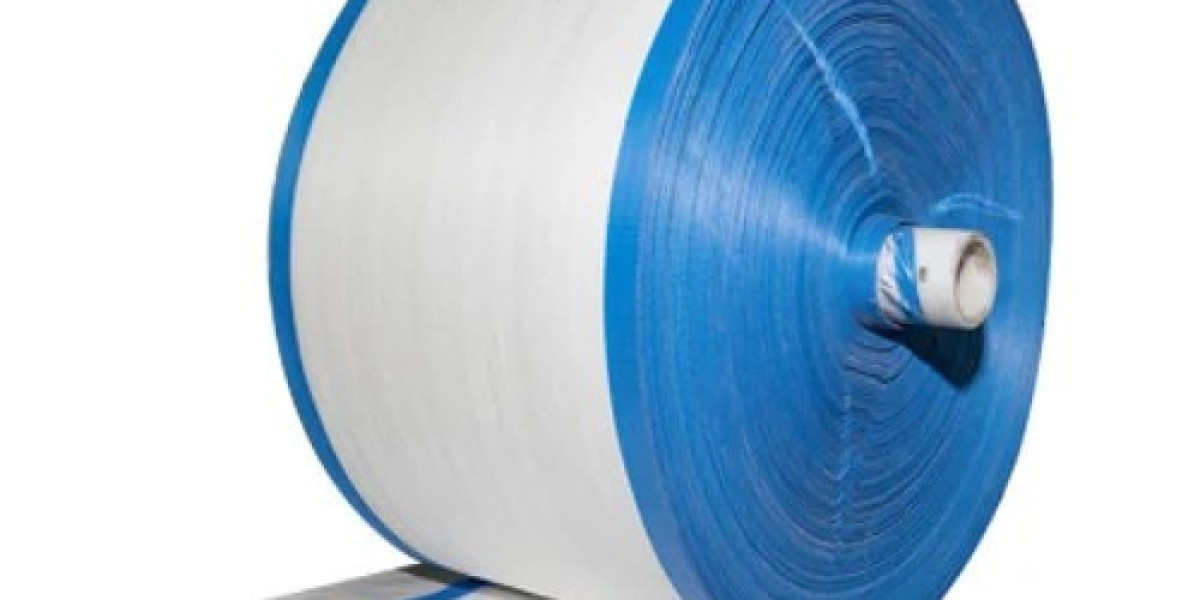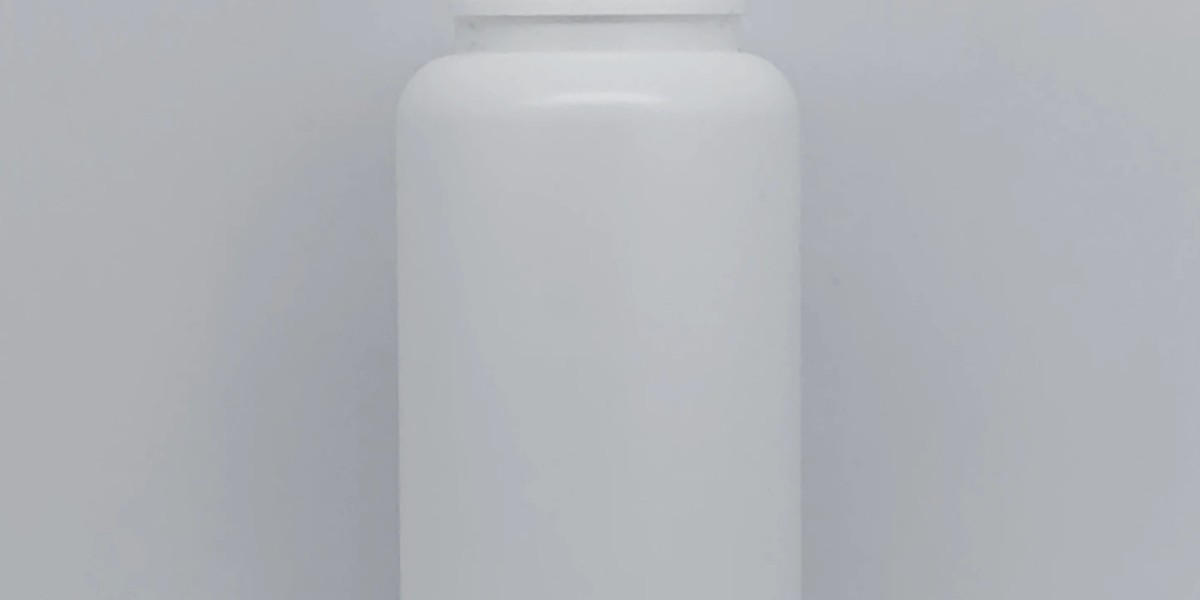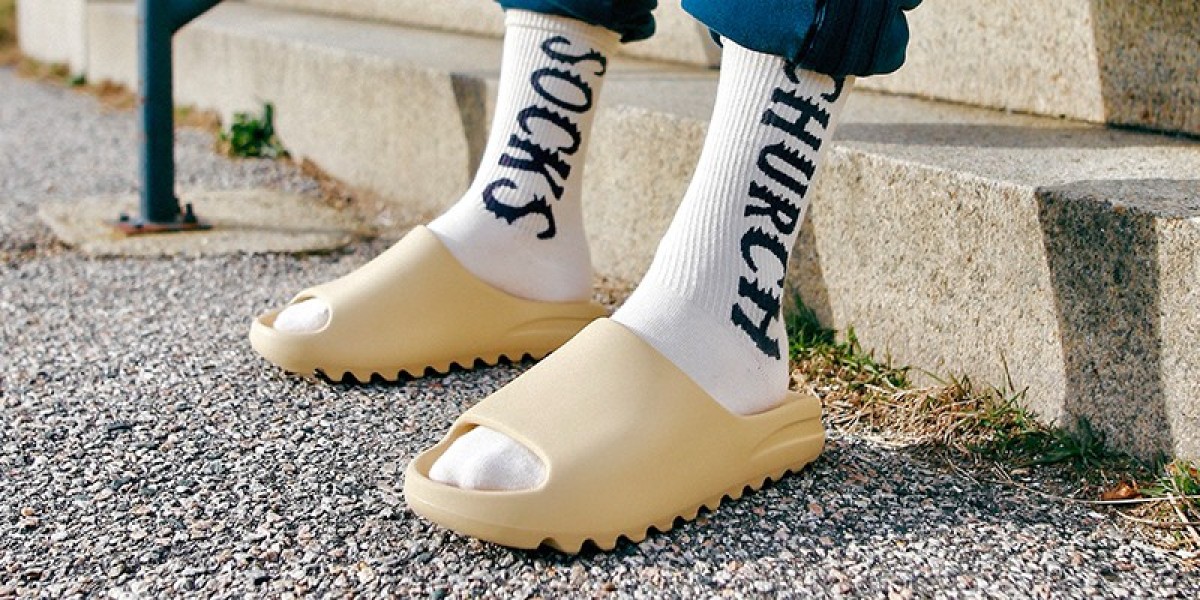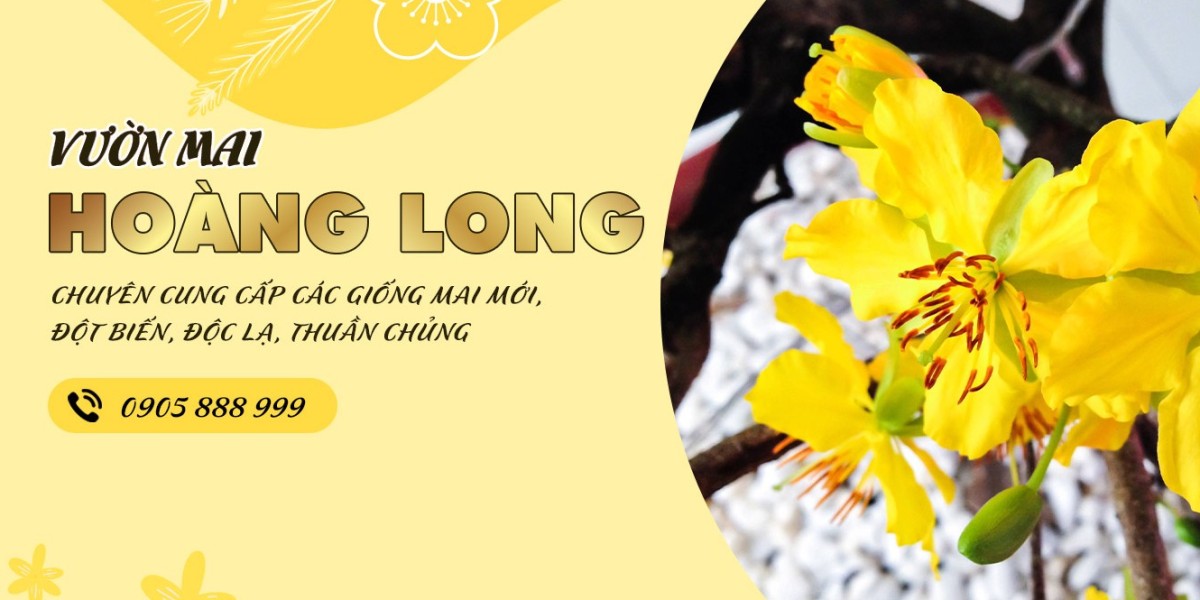In the ever-evolving landscape of global commerce, the significance of materials that facilitate efficient packaging and transportation cannot be understated. Among these materials, polypropylene (PP) woven fabric has emerged as a versatile and indispensable element of the supply chain. Widely employed across various industries, PP woven fabric manufacturer in India have positioned themselves as critical players in the production and distribution of goods.
Understanding PP Woven Fabric
Polypropylene is a thermoplastic polymer that is both lightweight and strong. When woven into fabric, it maintains these beneficial properties, making it suitable for a wide range of applications. PP woven fabric is characterized by its durability, UV resistance, and water-repellent qualities. These attributes render it ideal for packaging, storage, and transportation of goods, especially in sectors like agriculture, construction, and retail.
One of the notable features of PP woven fabric is its ability to hold weight without tearing or breaking, enabling it to efficiently serve as sacks, bags, and containers. Whether transporting cement, grains, or even clothing, its utility has promoted its adoption on a global scale. The manufacturing process itself is not only efficient but also cost-effective, making it accessible for various industries that rely heavily on packaging solutions.
The Role of Woven Fabric Manufacturers
As the demand for PP woven fabric continues to surge, the role of PP woven fabric manufacturers has become increasingly pivotal. These manufacturers are responsible for innovating and producing fabrics that meet the diverse needs of businesses around the world. They operate complex supply chains, sourcing raw materials, optimizing production processes, and ensuring timely delivery.
PP fabric manufacturers have embraced advancements in technology, focusing on automated processes that enhance efficiency and reduce production costs. These innovations not only improve product quality but also contribute to sustainable practices by minimizing waste. Furthermore, with environmental concerns on the rise, many manufacturers are exploring ways to recycle and repurpose PP woven fabric, enhancing its eco-friendliness.
India: A Hub for PP Woven Fabric Manufacturing
Among the countries leading in the production of PP woven fabric, India has carved out a significant niche. As a prominent PP woven fabric manufacturer, India benefits from an abundance of raw materials, a skilled workforce, and a burgeoning market for various industrial applications. The country's agricultural and packaging sectors, in particular, serve as major consumers of this fabric type.
The rise of India as a PP fabric manufacturer can be attributed to its strategic location along key shipping routes, allowing for efficient global distribution. Additionally, government initiatives aimed at boosting manufacturing capabilities have contributed remarkably to the industry's growth. Make in India, for example, has encouraged both domestic and foreign investments in manufacturing, fostering innovation and promoting competitive pricing.
Indian manufacturers have also begun to focus on specialized PP woven fabrics designed for specific industries. For instance, some manufacturers produce fabric that meets the stringent requirements of the food industry, ensuring safety and hygiene. Others have developed innovative solutions for construction materials, further solidifying the role of India as a forward-thinking PP woven fabric manufacturer in the global supply chain.
Sustainability in the Production of PP Woven Fabric
The conversation about sustainability has gained momentum in recent years, pushing manufacturers to examine their practices. In the context of PP woven fabric, sustainability can take on various forms, from utilizing recycled materials to adopting environmentally-friendly production methods.
PP woven fabric manufacturers are increasingly incorporating recycled polypropylene into their products, offering customers a more sustainable alternative to conventional options. This not only reduces waste but also lessens the carbon footprint associated with the production process. The market's response to these eco-conscious products has been overwhelmingly positive, showcasing a growing consumer preference for sustainable options.
Moreover, sustainable practices extend beyond raw material sourcing. Many manufacturers are adopting energy-efficient technologies and practices aimed at reducing their overall environmental impact. From optimizing raw material consumption to reducing water usage, these initiatives reflect a commitment not only to profit but also to the planet.
Global Trade and the Importance of PP Woven Fabric
The globalization of trade has amplified the demand for packaging solutions, making PP woven fabric an essential component of the global supply chain. As businesses expand their reach across borders, the need for durable, cost-effective packaging has never been more critical.
PP woven fabric is especially favored in international trade due to its ability to withstand various environmental conditions during transit. Its strength and reliability make it suitable for heavy industrial applications while remaining light enough for efficient handling. As a result, businesses around the world increasingly rely on PP woven fabric for transportation and storage, further solidifying its status within global supply chains.
The rise of e-commerce has also boosted the demand for PP woven fabric. With online shopping becoming a staple for consumers, businesses require effective packaging solutions to ship products safely and efficiently. PP woven fabric meets this demand, enhancing its visibility and relevance in today's market.
Conclusion
The role of PP woven fabric in the global supply chain cannot be underestimated. Its versatility, durability, and cost-effectiveness make it a vital component in various industries. As PP woven fabric manufacturers continue to innovate and adapt to changing market conditions, they remain crucial players in shaping the future of packaging and transportation.
With India emerging as a leading PP woven fabric manufacturer, its contributions will likely influence the global market significantly. The emphasis on sustainability, innovation, and responsiveness to consumer needs positions Indian manufacturers as key players in this industry.
As businesses and consumers alike prioritize efficiency and sustainability, the relevance of PP woven fabric is expected to grow even further. Understanding the intricate dynamics of its production and integration into the supply chain will continue to be essential for stakeholders navigating the complexities of global trade. Whether through the lens of a PP fabric manufacturer or an end-user, the significance of PP woven fabric is undeniable as it remains a fundamental building block in the modern economy.
Frequently Asked Questions (FAQs)
Why should I choose a PP woven fabric manufacturer in India?
India has become a significant player in the global PP woven fabric market, offering high-quality products at competitive prices. Manufacturers in India often adopt sustainable practices and advanced technology to meet international standards.
Is PP woven fabric environmentally friendly?
Yes, PP woven fabric is recyclable, and many manufacturers are now focusing on sustainable production practices to minimize environmental impact.
What are the benefits of using PP woven fabric in packaging?
PP woven fabric bags provide strength, flexibility, and moisture resistance, making them suitable for packaging heavy and bulk items safely and efficiently.








